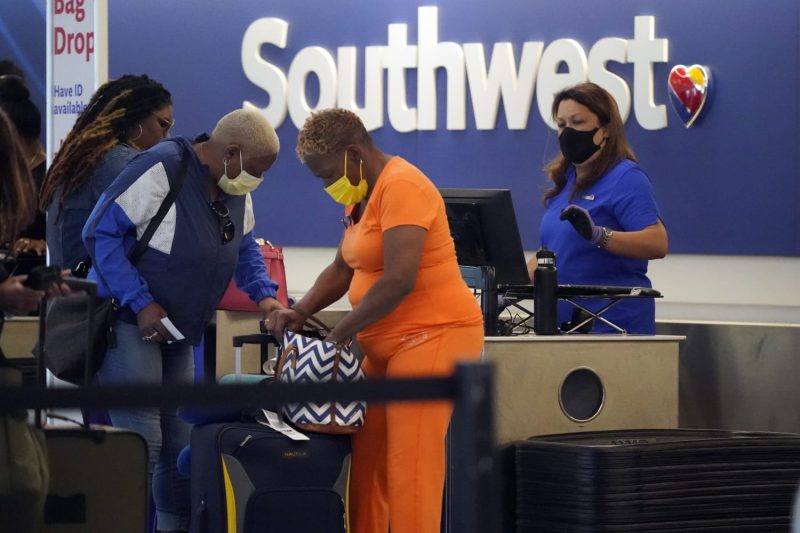
Southwest Airlines is considering changes to its single-class, open-seating cabins to drive up revenue, CEO Bob Jordan told CNBC on Thursday, a shift that could be among the largest in the airline’s history.
“We’re looking into new initiatives, things like the way we seat and board our aircraft,” Jordan said in an interview after the carrier’s disappointing first-quarter report.
Southwest’s all-Boeing 737 fleet has a single economy class cabin and no seating assignments, though it does offer earlier boarding for a fee so customers can snag their preferred seats. The airline has focused on keeping its product simple and user-friendly for years, aiming to keep its own costs and complexity to a minimum.
Meanwhile, rivals including Delta and United have touted high revenue growth for premium seating such as business class and strong upsell rates.
Analysts have repeatedly asked Southwest about opportunities for premium seating or additional fees. (The airline doesn’t charge travelers for their first two checked bags.)
Most U.S. airlines charge travelers to choose many of its seats in advance, even those that don’t come with extra legroom. Eight U.S. carriers — Alaska, Allegiant, American, Delta, Frontier, JetBlue, Spirit and United — together brought in $4.2 billion from seating fees in their domestic networks in 2022, according to Jay Sorensen, an airline ancillary revenue expert at IdeaWorksCompany.
Jordan said no decisions have been made on what kind of changes Southwest will ultimately make, but he said studies have yielded “interesting” results.
“Customer preferences do change over time,” Jordan said.
While details were scarce during Southwest’s earnings call, when asked whether Southwest would consider a separated cabin on its planes, Ryan Green, the carrier’s chief commercial officer said: “Curtains and things like that are a bit far afield from what Southwest Airlines is.”
Green added that the carrier is not considering charging for checked bags because “people choose Southwest Airlines because we don’t have bag fees.”
— CNBC’s Phil LeBeau contributed to this report.






